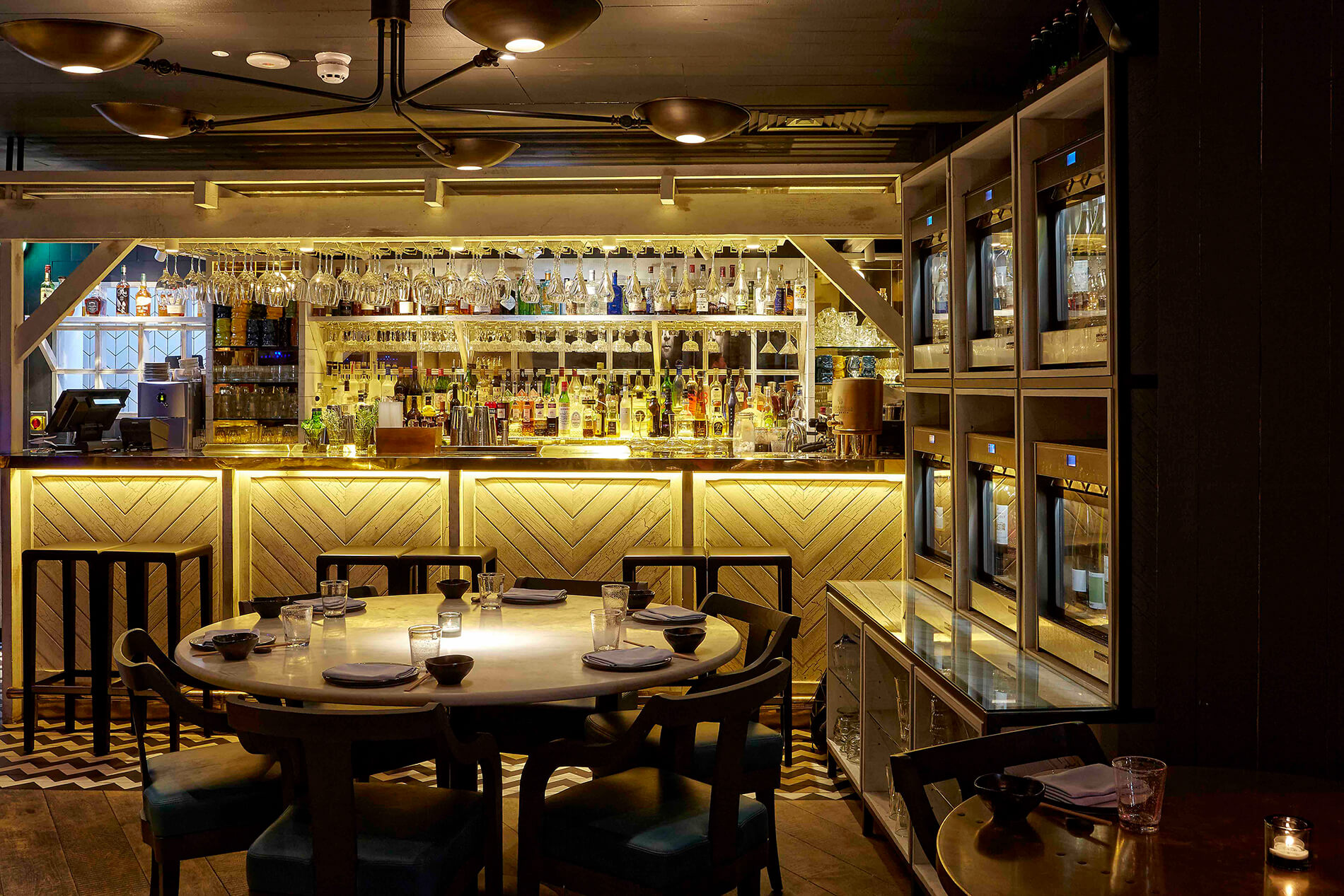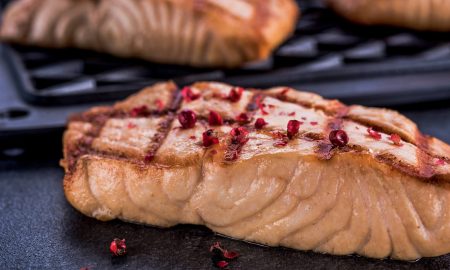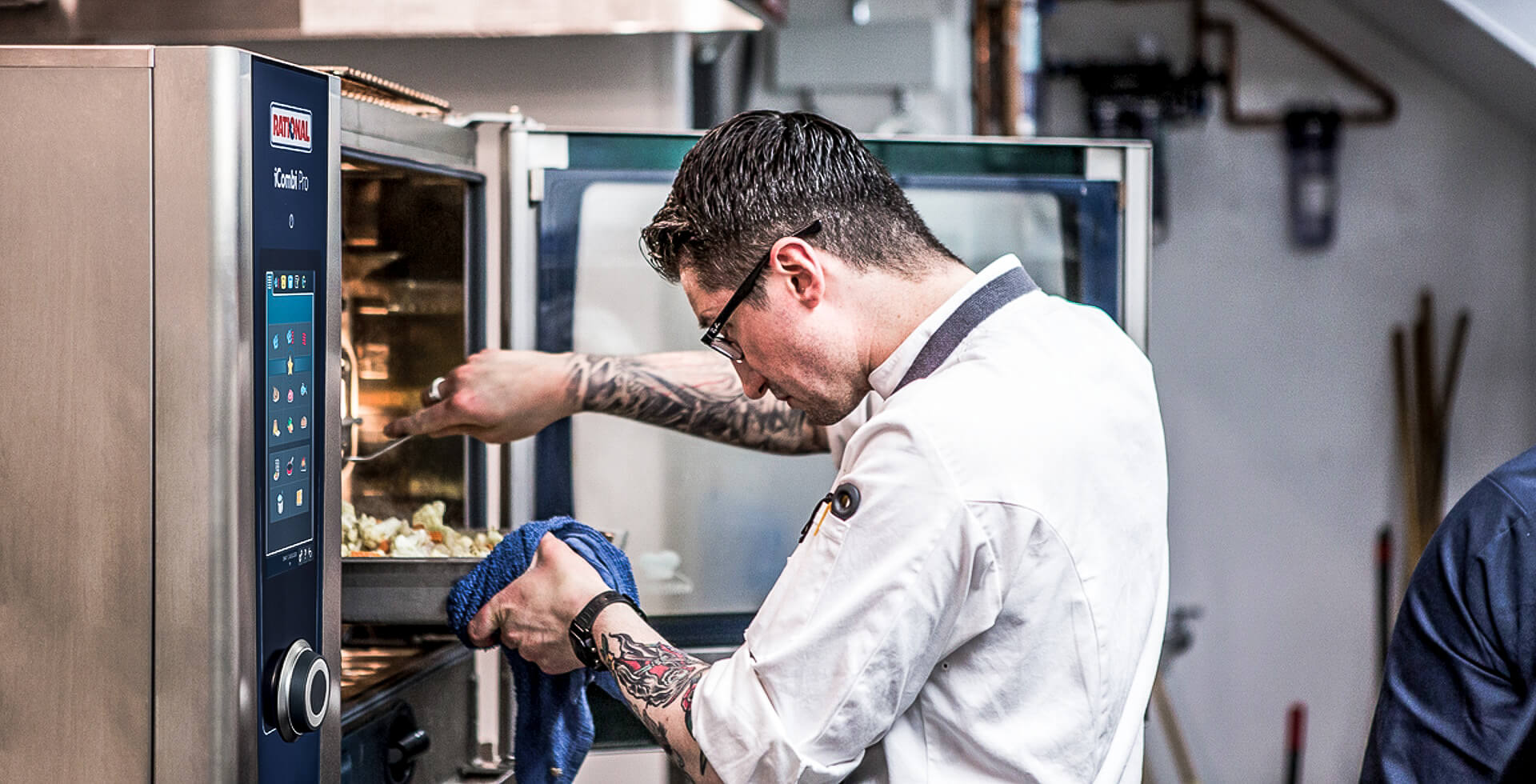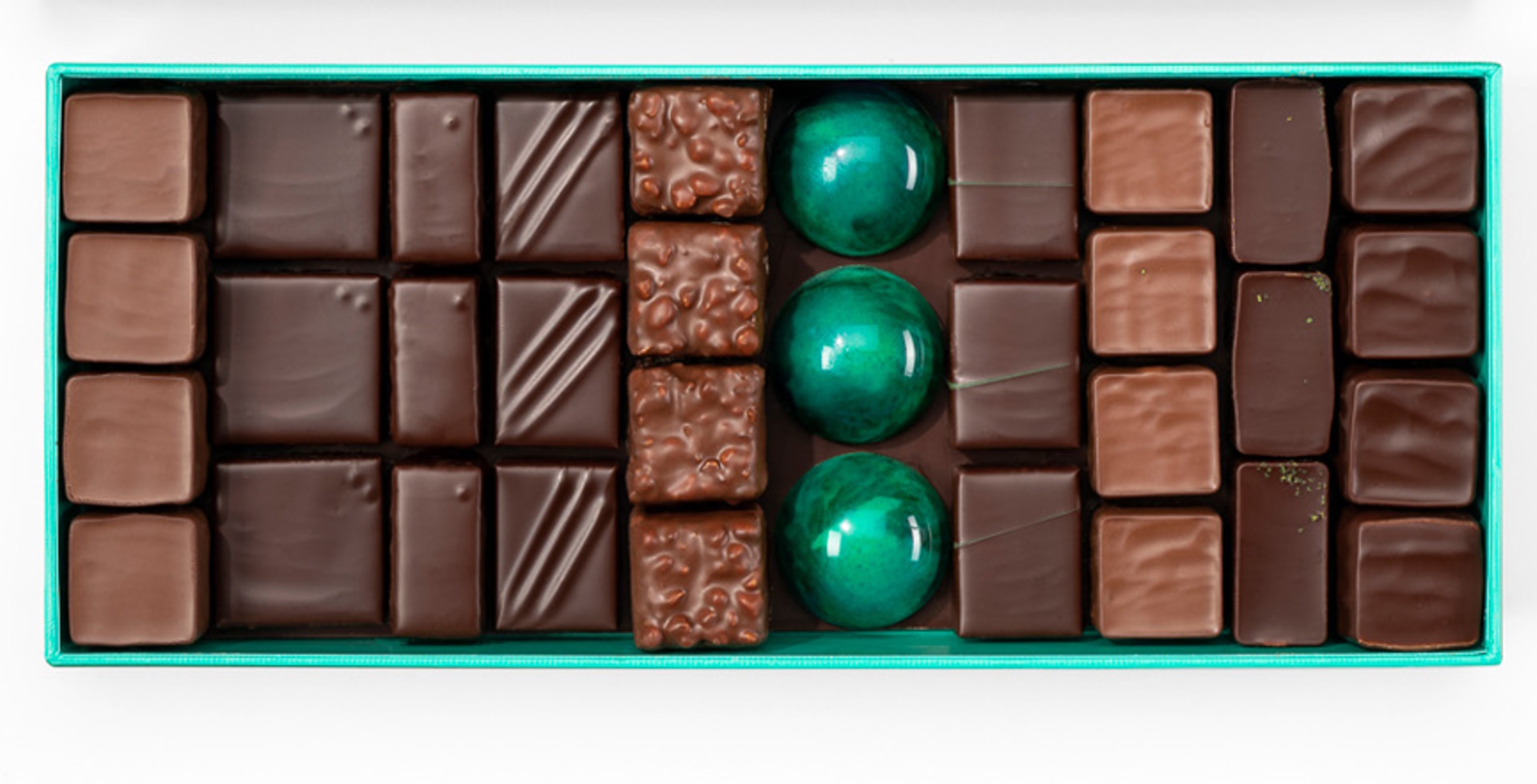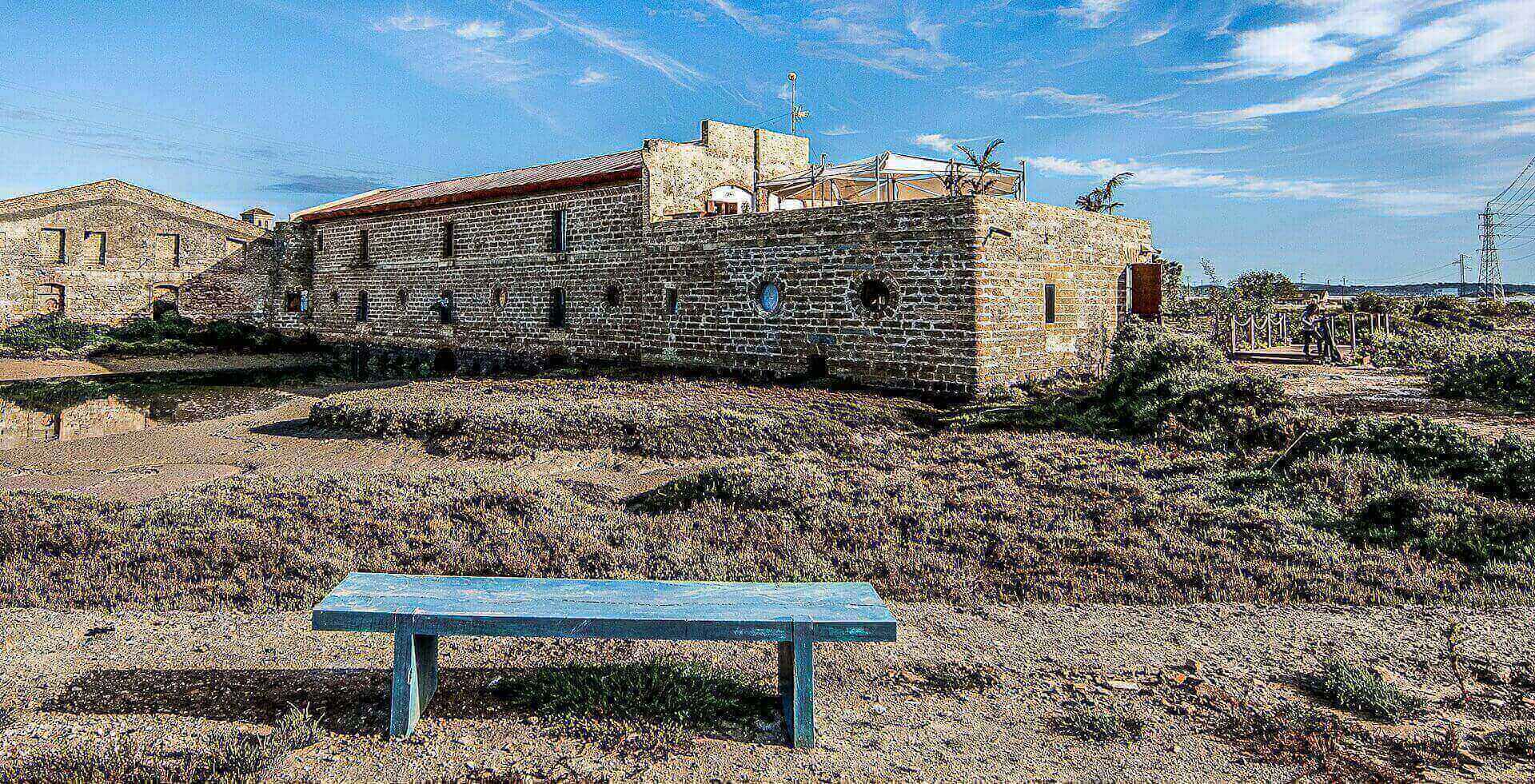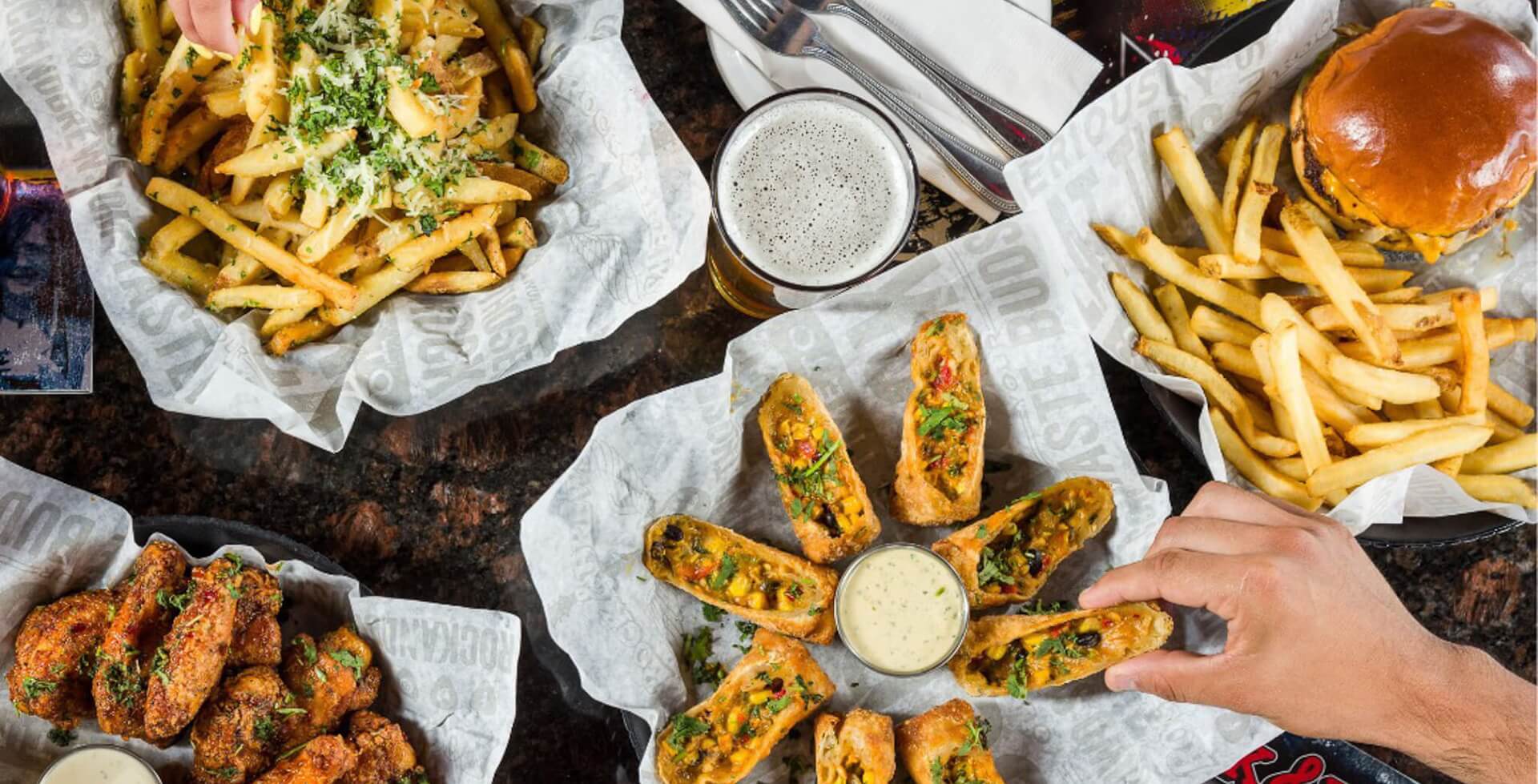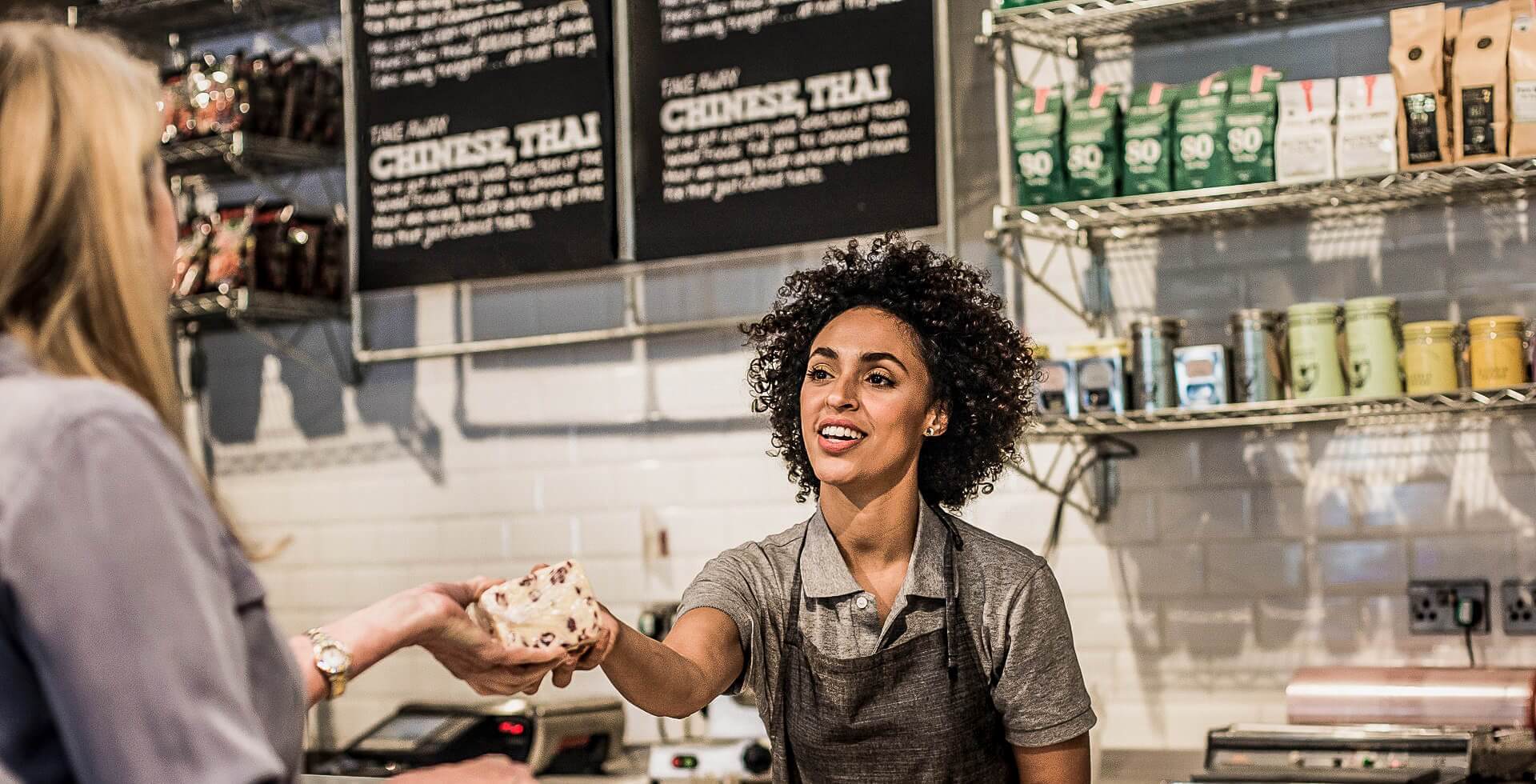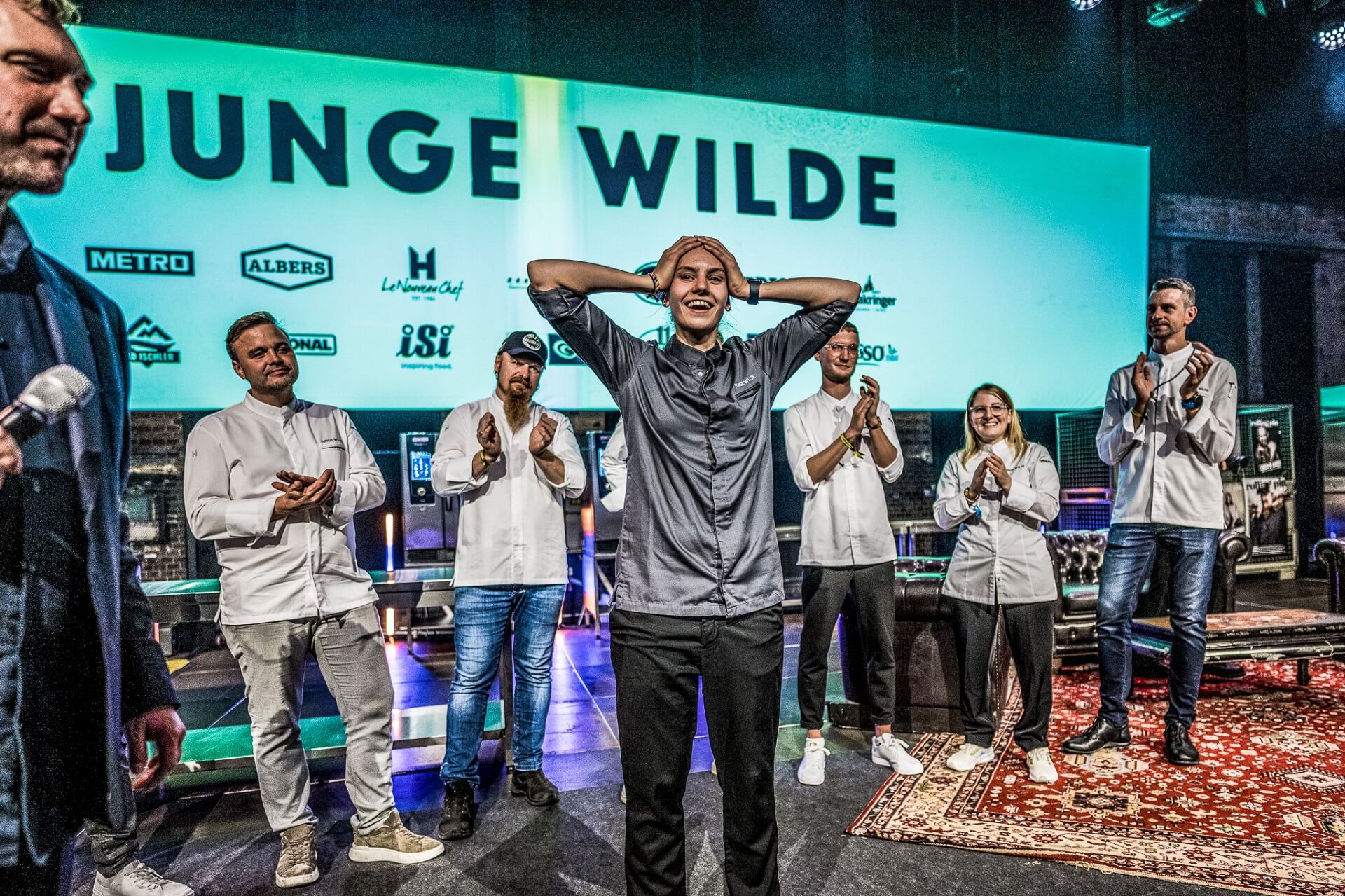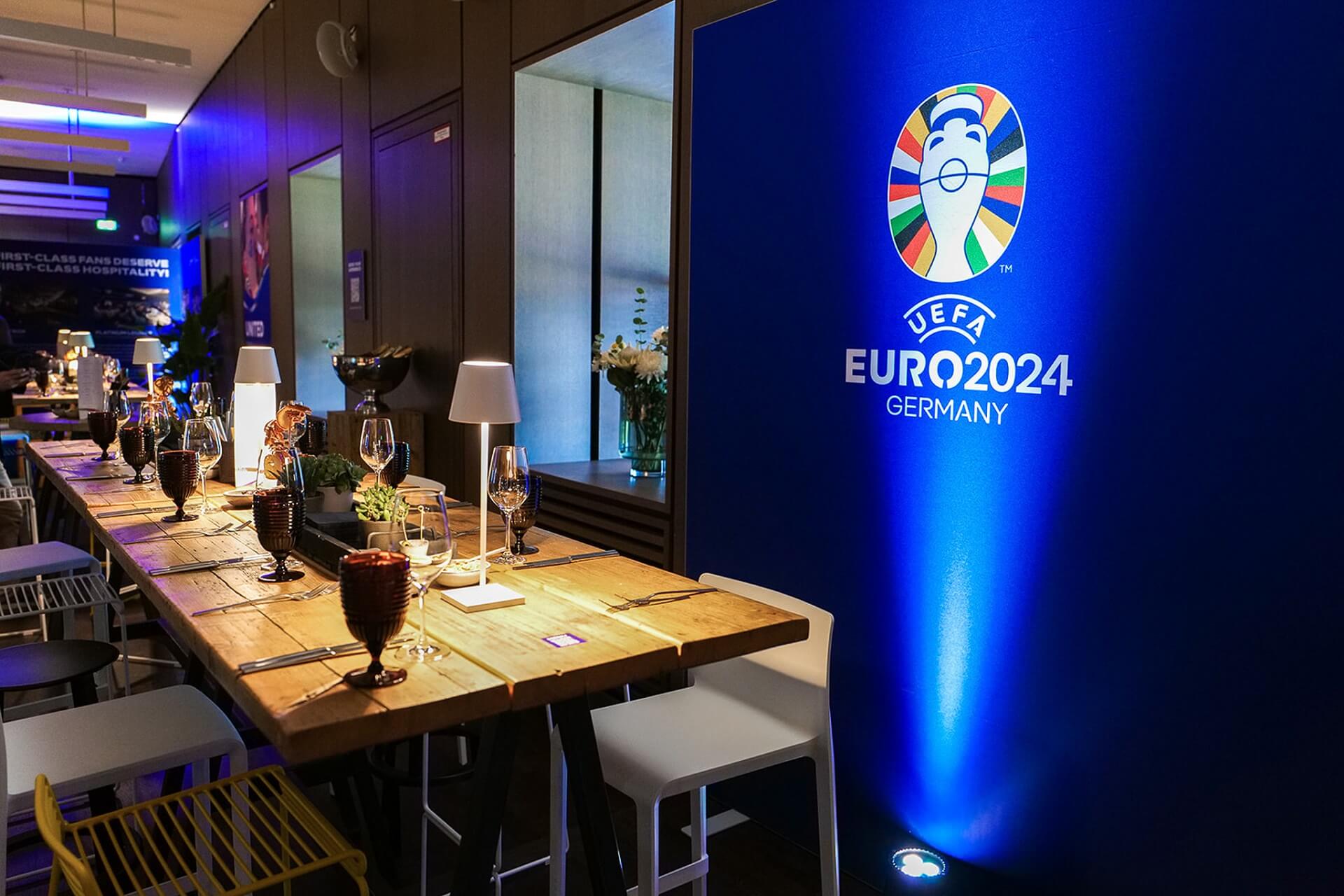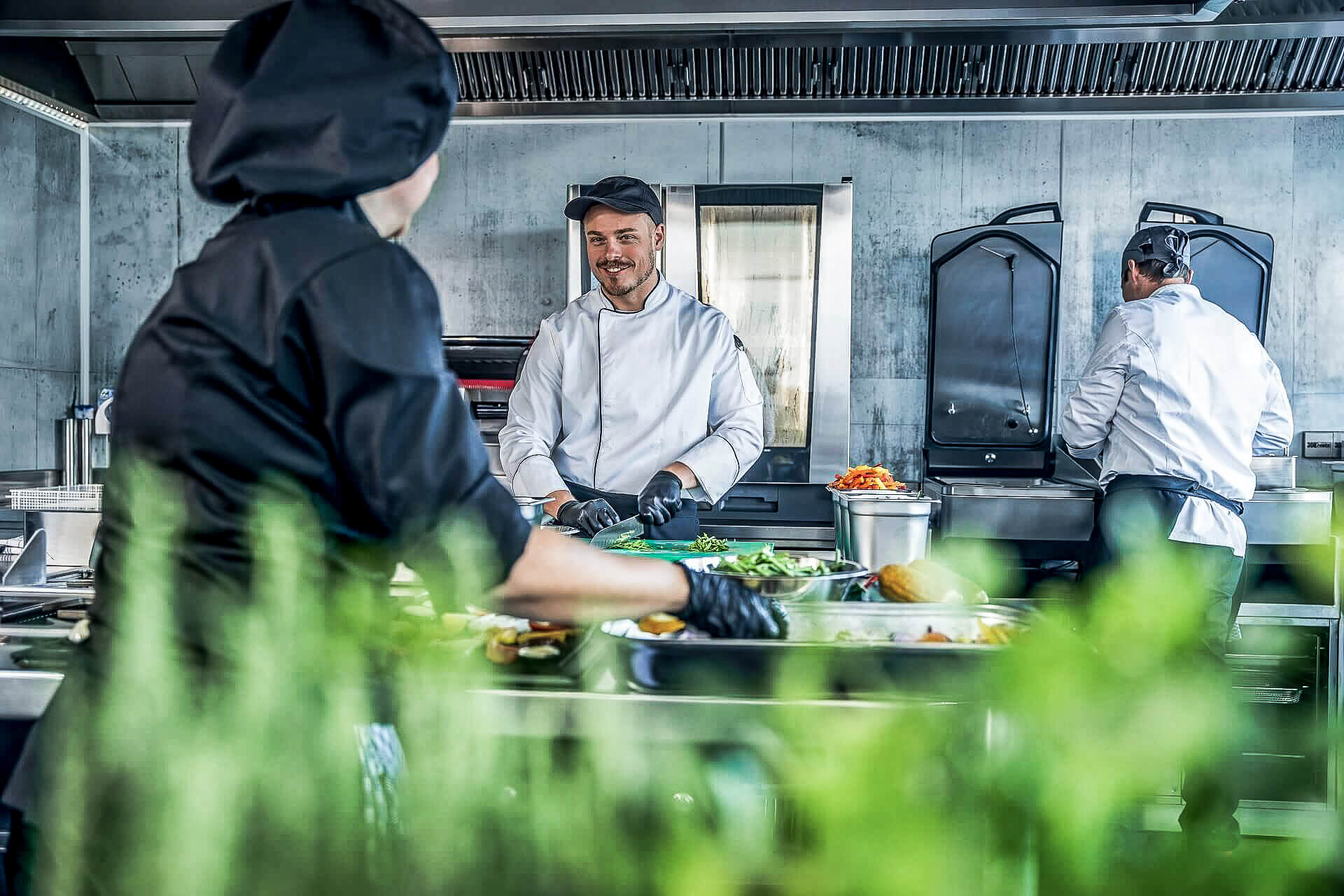He’s a leading restaurateur well on his way to a Michelin star, and every one of his locations is practically synonymous with success… who’d have thought jobs at McD’s and KFC could launch that kind of career? For Kurt Zdesar—an Australian national whose family originally hails from Villach, Austria—the road to success began at 16, with a part-time job at McDonald’s. At 18, he was Kentucky Fried Chicken’s youngest manager.
A lot of culinary success stories end there, but Zdesar’s was just beginning: in 1996, he moved to the United States to join the team at Nobu, stamping his ticket into the big leagues of the culinary world.
Concept kitchens bubbling with ideas
That’s how he did it, and it’s a path he’d recommend to any beginner chef. Don’t be above anything, he says. Do everything that’s asked of you right away, and really get after it, with a positive attitude. When you do your best, he adds, people will start asking you to do things you’ll love— like when Zdesar was 25 and sushi guru Nobu Matsuhisa asked him whether he wanted to take over Nobu in London. He sure did, and ever since then, he’s been doing what he does best: restaurants.
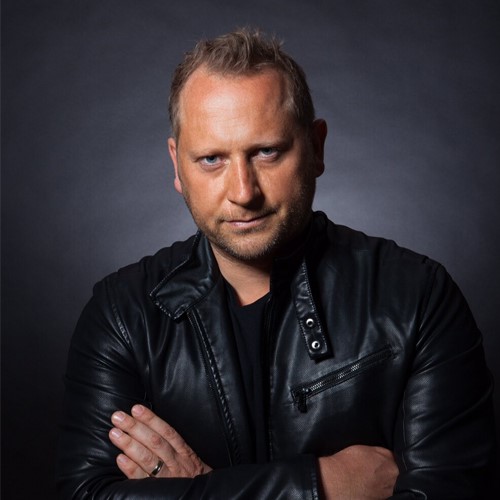
Image: Black Roe
Nobu received a Michelin star within ten months, making it the first starred Asian restaurant in the UK. By 2004, he had sixteen more restaurants around the world. He earned his second star with Hakkasan, for which he acted as Alan Yau’s consultant. In 2005, he became an entrepreneur himself, creating his dim sum concept Ping Pong; within two years, he opened eight new locations. After that came Aroma & Block in Bahrain, and then Icha Icha in Stockholm, until finally he and Michelin-starred chef Jordan Sclare founded the NZR Group in London, An explosive potpourri of culinary concepts including Chotto Matte’s Nikkei cusine (2013), sustainably caught fish at Bouillabaisse (2015), Pacific Rim food at Black Roe (2016), and organic Italian at Fucina (2016). In 2017 came Pantry Marylebone, a mixture of pizzeria, cafe, bakery, shopping center and cocktail bar. Did we forget anything?
Oh, right: he, Robin Leigh (owner of Nobu) and Endo Kazutoshi (Zuma Group sushi chef) are the minds behind Ichibuns. So how in the world does this guy manage to churn out one successful concept after the next?
Passion and ethos
Growing up, Zdesar heard over and over again, “Do something you enjoy.” So he followed in the footsteps of his first great love, his childhood friend Daniel’s Italian mother. Well, not her exactly. Her cooking. Zdesar was so taken with it that he vowed to marry an Italian girl someday. He still has that same burning passion for food, along with a personal ethos to only serve food that’s as good as it possibly can be, which means no additives, nothing artificial. Zdesar feels that restaurateurs are responsible for serving their customers nutritious food. “I always ask myself how I can serve the best food at the best price, not how I can make the most money,” he says. Quality doesn’t come cheap, of course, but he sees no reason to demand more if it can be produced for less.
The thrill of the big time
Sometimes, he says, he misses his old job at Nobu, which he held for nearly ten years. He traveled around the world making all kinds of business decisions, but he wasn’t actually responsible for the whole thing— he was safely out of the line of fire, so he could focus on being the best second-in-command he could be. That all changed with Ping Pong.
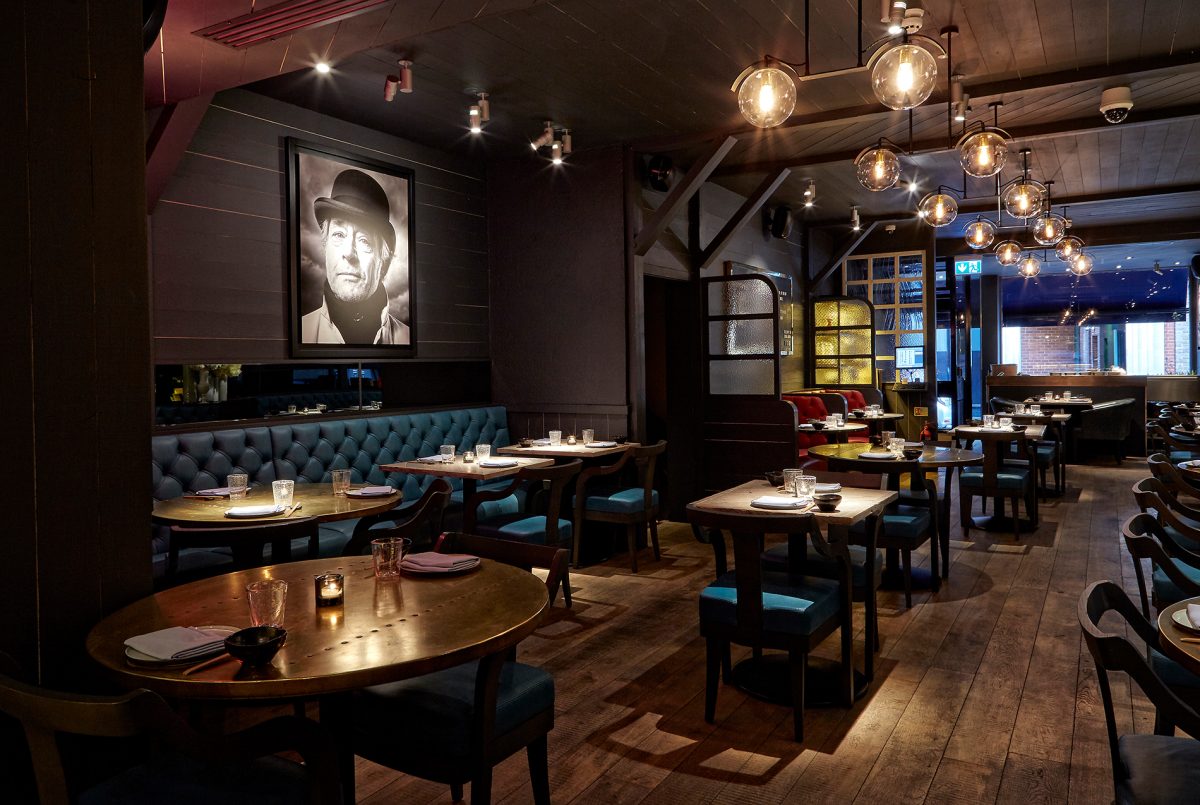
Image: Black Roe
Once his dim sum concept became a hit on the restaurant-industry scene, he knew he’d never stop wanting to be the top dog. Not out of megalomania— that’s not really his style. He’s just an adrenaline junkie who can’t get enough of those sleepless nights spent developing new business ideas and making them happen, that agitated wondering whether it’s going to be a success. “It’s a little like sky-diving,” he says. “It sounds great at first, but then you’re up there and all at once the terror just hits you all at once. That’s how it is with restaurants—the design, the food, the whole process of creation right up until you open. It’s the same feeling every time. It’s really addictive!”
The common thread
One thing you’ll notice about his restaurants is that they all have an open-plan design. It’s hard to shake the sense that customers are right there in the middle of the action. Zdesar’s years in the chain-restaurant world obviously had quite an impact, at least in the sense that the kitchens and even the pantries are right there in the dining area. Black Roe takes that idea to an extreme— the restaurant’s ample selection of fish is visible through the front windows; just behind that are the chefs, cooking on full display for everyone. The arrangement gives customers a “first look” at the restaurant’s inner workings right from the sidewalk, creating transparency while highlighting the high quality and freshness of the food. Black Roe is also a good example of the space-usage proportions Zdesar tries to employ in all of his concepts: 65 percent front of house, 35 percent back of house, not far off from the 80/20 sales-to-storage ratio generally found in retail.
Overcoming obstacles
Kurt Zdesar isn’t one to accept defeat gracefully. As far as he’s concerned, the road to success is never blocked—you just have to get past the obstacles. His daily mantra is one he learned from mentor Nobu Matsuhisa: figure out how to get around the obstacle, or over it, or under it. There’s always a way.
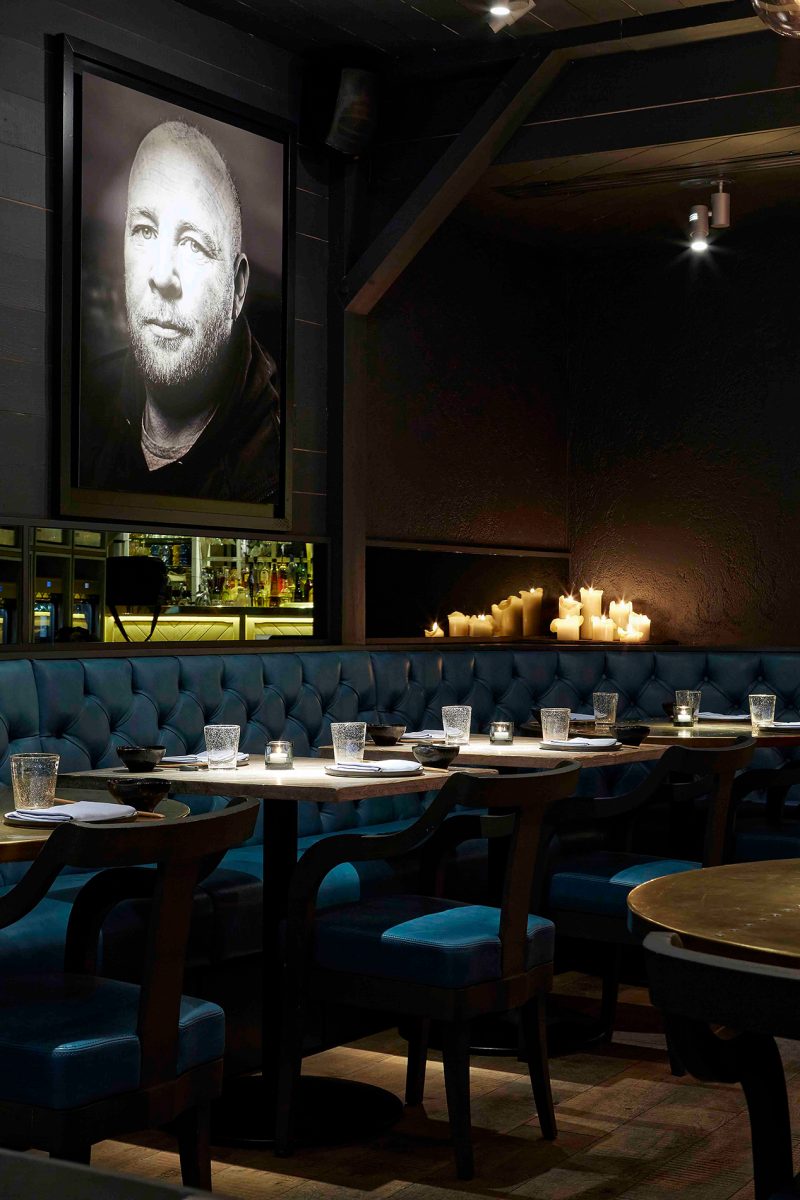
Image: Black Roe
As with obstacles, mistakes are part of life. The good thing about mistakes, he says, is that you can learn from them. There’s the mistake of getting too complacent, for example, or the mistake of assuming things will just work out on their own. Success isn’t just about planning—it’s also about adapting concepts to fit the circumstances. Bouillabaisse, in particular, taught him that. He was sure that his sustainability idea would work despite being more expensive, but apart from a few loyal customers, the general public wasn’t willing to shell out 40 pounds for sustainably caught sea bream when other places were selling the “regular” variety for just 18. The place wasn’t losing money, but it also wasn’t reaching Zdesar’s target of 1000 pounds of revenue per seat. So he sailed that ship back to harbor and developed Black Roe instead. He kept the fish idea, but did it Pacific Rim style this time, and changed the cool blue-and-white Grecian interior to a cozy Hemingway bar atmosphere, personalized with portraits of fishermen. Plenty of music, too—Zdesar says music is important to him because it relaxes people and makes them happy. Story time: when Zdesar was a kid, he became a street musician, and some days he brought home up to 50 Australian pounds. Unfortunately, he made the mistake of telling his classmates how much he was earning, and they started doing it, too. It’s a mistake he’s not about to repeat, which is why all we’ll divulge about Black Roe is that Zdesar is planning to export it to Mykonos, Ibiza, and St. Tropez as a beach concept.
Expansion – no end in sight
And that’s it, right? Hardly. Chotto Matte is coming to Miami, Kuwait, Mykonos, and Toronto in 2018. The Toronto location will be a massive 100,000-square-foot empire in the basement of a shopping center; at the moment, they’re busy smashing huge slabs of concrete to rubble, or at least as many of them as the city will allow. No sense letting the adrenalin wear off, right? Zdesar recounts a recent conversation with his wife where he mentioned wanting to cut back his hours and work just three days a week. “You know perfectly well,” she replied, “that if you do that, you can’t be the boss.” He’d always wanted to be his own boss so that he could work less, but it seems like he’s moving in the opposite direction. “The trick is to go out on a high note,” he says, “but to be honest, I’m not sure I’ll ever find that high note.”


